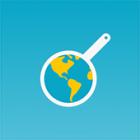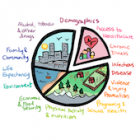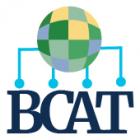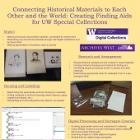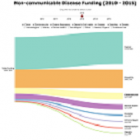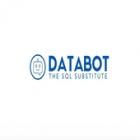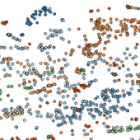
Classifying Images Using Computer Vision
The digitization of art images has created new opportunities for artists, researchers, and students to explore visual arts. However, many digital art libraries are difficult to navigate. This is because they lack metadata to describe their images, which makes finding images based on their content hard. We applied computer vision techniques to a dataset of art images to create an art recommendation system.


